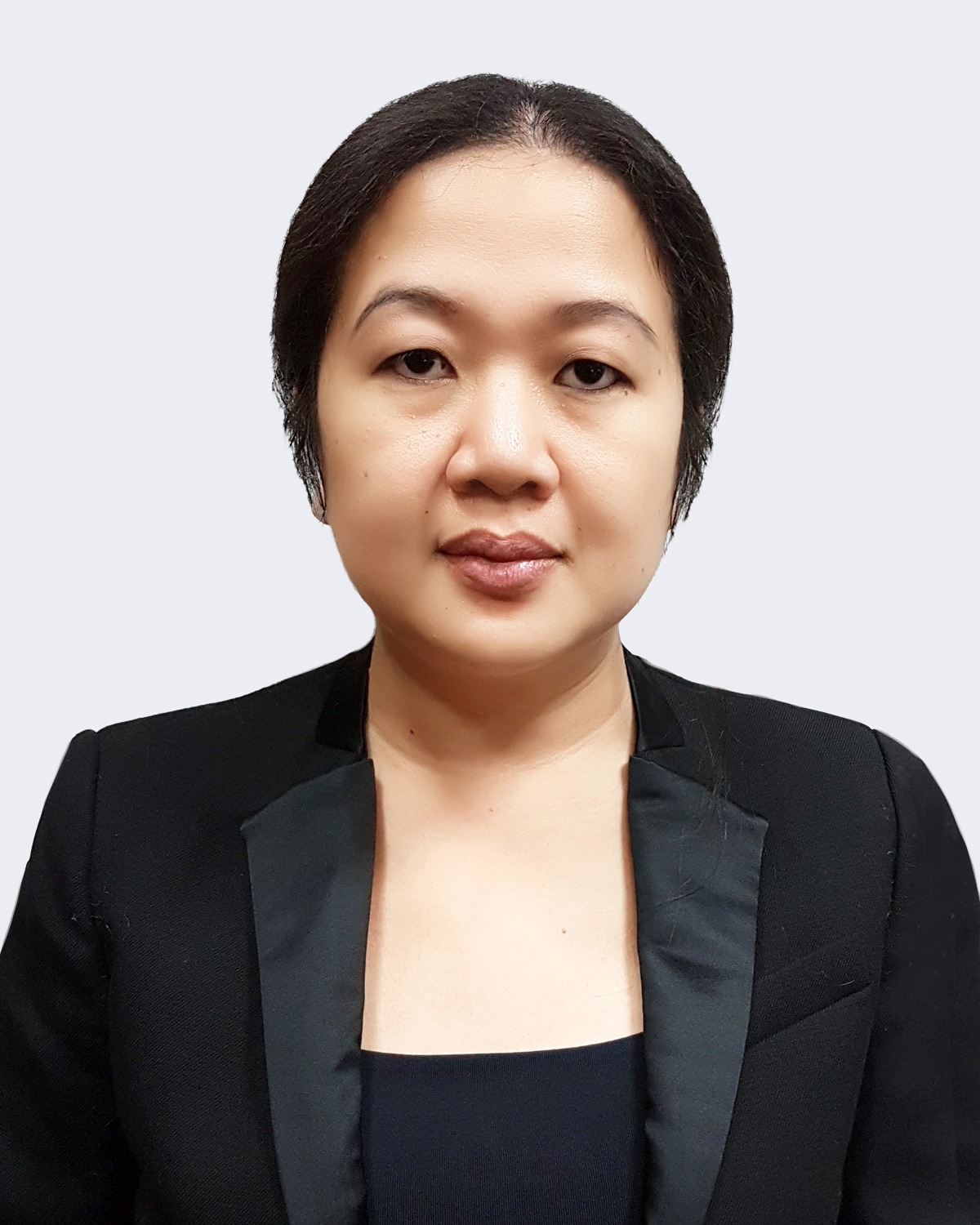
New technologies and production processes in the food industry have led to novel foods becoming increasingly important to both food manufacturers and the consuming public worldwide. This is very much the case across a number of jurisdictions in Southeast Asia.
“Novel foods” refer to new food production processes, foods, and ingredients that have not yet been commonly used for human consumption, so these innovative foods require safety assessments before companies can produce and market them. While rules for these safety assessments are already part of novel food regulations in several other jurisdictions—such as the novel food regulations in the United Kingdom and European Union adopted in 2003, and the major reform of food safety laws in the United States passed in 2011 under the Food Modernization Act—similar rules governing the assessment of novel foods are relatively new or yet to be introduced in many parts of Asia.
Nevertheless, it is important to understand the laws and practices that apply to safety assessments and the process of bringing novel foods to market in jurisdictions in the region. This article provides some clarity in this regard by summarizing important practical information on novel foods and the relevant required safety assessments in Indonesia, Thailand, and Vietnam.
Indonesia
| Regulator | National Agency for Drug and Food Control (NADFC); frequently referred to as BPOM (Badan Pengawas Obat dan Makanan). |
| Relevant Measures | BPOM Regulation No. 27 Year 2018 concerning Public Service Standards in BPOM; Decision of the Director of Processed Food Standardization No. HK.02.02.51.511.06.21.21 Year 2021 concerning Public Service Standard Directorate Processed Food Standardization |
| Definitions | General “food ingredients” are basic fresh or processed ingredients that can be used to produce food; novel food is any food ingredient not listed in BPOM’s positive list of ingredients. |
| Official Fees | None |
Process and Timeline
Before submitting an application for novel food safety assessment, the applicant or a representative should first consult with BPOM’s Directorate of Processed Food Standardization. This consultation can help the applicant identify the data requirements for submission.
For obtaining approval of novel foods, applicants must submit the required items through the directorate’s online submission system. BPOM will then check the application to verify its completeness, and will contact the applicant within five working days either to confirm that the submission is complete or to direct the applicant to rectify any shortcomings.
Once all requirements have been fulfilled, BPOM is to assess the application within 85 working days—or around 4–6 months in practice.
Required Documents
The application requirements differ depending on the category of novel food. There are two main categories:
| Novel food substances, mixtures of substances, mixtures of food ingredients, or other ingredients | Novel foods sourced from plants or animals |
|
|
Thailand
| Regulator | Food and Drug Administration (FDA) |
| Relevant Measures | Notification of the Ministry of Public Health (No. 376) B.E. 2559 (2016) Re: Novel Food |
| Definitions | “Novel food” is any substance used as food or food ingredients that either has been used widely for human consumption for less than 15 years based on scientific or reliable evidence, or has undergone a production process not currently used, where that process gives rise to significant changes in the composition or structure of the food that affect their nutritional value, metabolism, or level of undesirable substance |
| Official Fees | THB 3,000 (approx. USD 90) |
Process and Timeline
Seeking approval for novel foods consists of two stages.
- Novel food safety assessment registration
In this stage, the applicant submits safety data to one of four safety assessment organizations accepted by the FDA. The maximum or estimated duration of this step depends on the organization:
- Bureau of Quality and Safety of Food, Ministry of Public Health – 95 business days;
- National Food Institute, Ministry of Industry – 93 business days
- Thailand Risk Assessment Center (TRAC), Mahidol University – 90 business days
- National Center for Genetic Engineering and Biotechnology (BIOTEC) – 7–12 months
Novel foods that contain any ingredient derived from a genetically modified organism (GMO) must undergo a BIOTEC review.
- Novel food safety assessment registration considered by the FDA
To apply for the FDA’s approval of a novel food, the applicant must submit the letter from the safety assessment organization, along with other relevant documents, to the FDA via their online system. The FDA will consider the application and make a determination within 40 business days.
Required Documents
- General product and ingredient information
- Information on history of consumption as food
- Finished product and ingredient specifications
- Certificate of analysis
- Storage
- Production process, synthesis, or extraction method
- Basic information on chemical substances used in production
- Characteristics and recommendations for consumption
- Safety information, usually including three toxicology studies:
- 90-day subchronic toxicity study using rats
- Test for induction of gene mutations in bacteria (Ames Test, OECD Guidelines 471)
- In vitro assay to detect chromosomal aberrations (OECD Guideline 473), in vitro micronucleus assay (OECD Guidelines 487), or mouse lymphoma TK assay with colony sizing (OECD Guidelines 476)
- Nutritional data
- Results of safety assessments by international agencies or recognized countries.
Vietnam
| Regulator | Vietnam Food Administration (VFA) |
| Relevant Measures | No specific regulations or guidance on novel foods and ingredients; however, both imported and domestically produced food products must comply with the Law on Food Safety as well as the following measures on genetically modified organisms (GMOs) and food additives:
|
| Definitions | No definition of novel food and no novel food safety assessment procedure.
A “genetically modified food” contains one or several genetically engineered ingredients. “New food additives”—while not legally defined—include new combinations of permitted food additives, food additives not included in the permitted list, and food additives included in the permitted list but used outside of the permitted categories. A “genetically modified food” contains one or several genetically engineered ingredients. “New food additives”—while not legally defined—include new combinations of permitted food additives, food additives not included in the permitted list, and food additives included in the permitted list but used outside of the permitted categories. |
| Official Fees | Certification as an edible GMO: USD 4,600
Self-declaration: None Registered product declaration: USD 70 |
Process and Timeline
Conventional Foods. Every food product sold in Vietnam must have a declaration that it meets regulatory standards. For many types of food, a self-declaration procedure covers this requirement. However, some foods also require additional inspection and approval from the Ministry of Health via a registered product declaration.
GMOs. Food products based on GMOs that are on the Ministry of Agricultural and Rural Development’s list of edible GMOs undergo the same approval procedure as other conventional food products. However, food products based on GMOs not on this list must first obtain certification of the GMO’s eligibility for use as food before undergoing the approval procedure for conventional food products.
In order to apply for certification, Vietnam’s Council of Food Safety must have concluded that the GMO has no inordinate risks for human health, or the GMO must have been approved for use as food by at least five developed countries, with no adverse incidents having occurred.
If one of these conditions is met, the application can be submitted to the relevant department in the Ministry of Agricultural and Rural Development. Within seven working days of receiving a submission, the department will acknowledge the validity of the application or request additions.
Valid applications will then be appraised by the Genetically Modified Food Safety Council—an advisory council composed of representatives of the Ministries of Industry and Trade; Science and Technology; Agriculture and Rural Development; Natural Resources and Environment; and Health, in addition to other experts. For GMOs that have already been approved for use as food by at least five developed countries, without any recorded adverse incidents, appraisal of the application takes 60 days. For other GMOs, the maximum appraisal duration is 180 days.
Within 30 days of obtaining the appraisal results, the minister of the Ministry of Agricultural and Rural Development will either certify the GMO’s eligibility for use as food, or issue a refusal clearly stating the reason.
Required Documents
Applications for certification of a food product as an edible GMO must include the following items:
- Completed application form;
- Assessment report on risks of the GMO for human health;
- If already approved for use as food in at least five developed countries, confirmation documents or equivalent documents, along with certified translations into Vietnamese; and
- Summary of assessment reports on the GMO’s risks for human health.
If the applicant has any other unpublished reference or research materials, assessments, test reports, or scientific figures concluding that the genetically modified organisms do not negatively affect human health, those items should be included in the application.
Conclusion
New foods and ingredients are highly regulated in countries around the world, regardless of whether a jurisdiction has specific laws on novel foods. There are some common regulatory approaches and practices, but even in a single region such as Southeast Asia the rules and processes can vary. Indonesia, Thailand, and Vietnam—three especially active and well-developed regulatory regimes for food in the region, offer compliant food producers and importers a chance to access local consumers and markets. By first recognizing the requirements and regulations in these jurisdictions, and then seeking local expertise that can ensure the process is done correctly, businesses and investors can avoid costly interruptions or delays as they bring their products to market.





